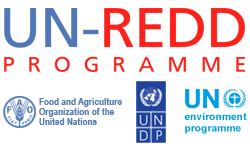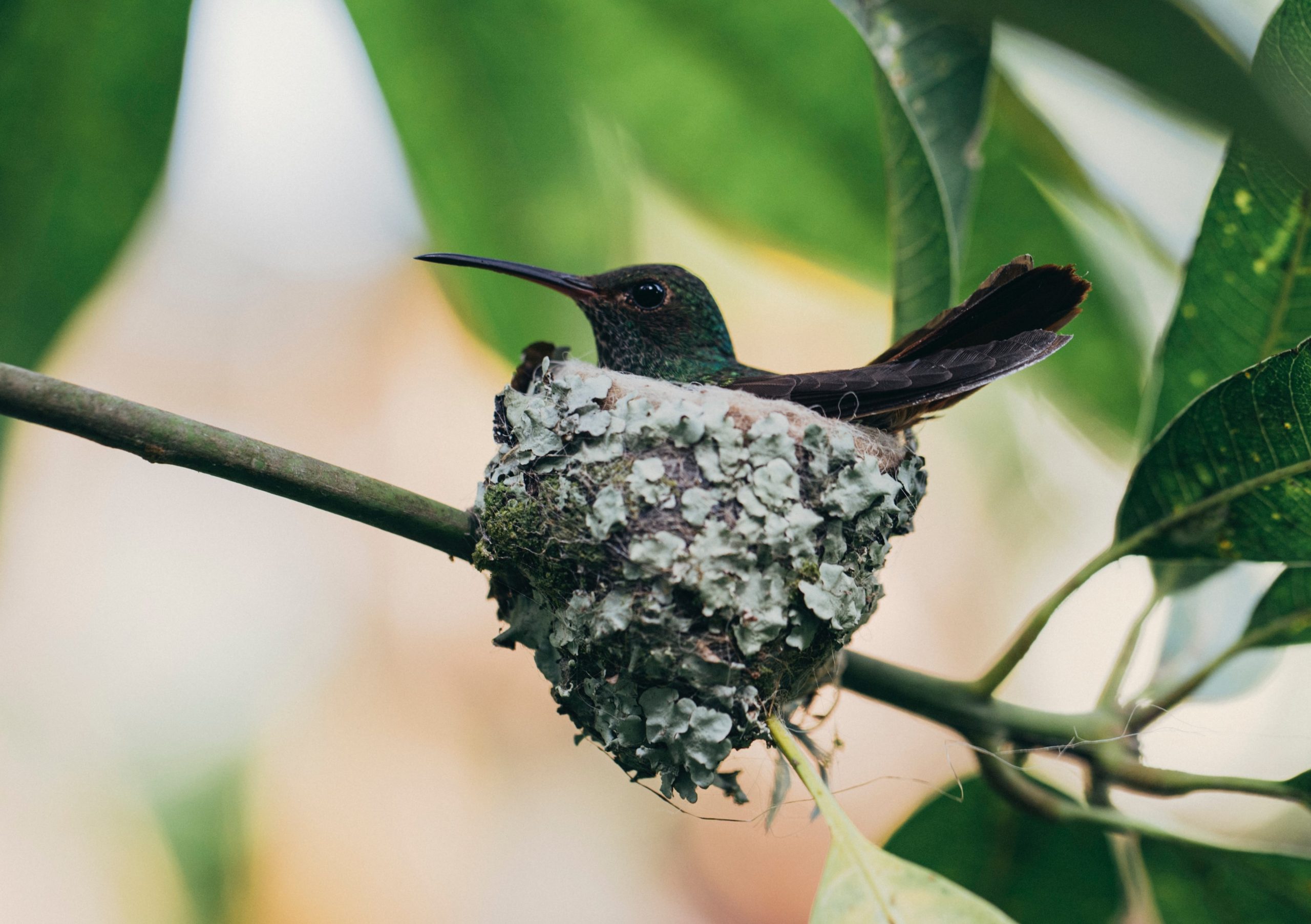
Indigenous Peoples Pave The Way for Inclusive Forest Monitoring
Indigenous and tribal territories play a critical role in stabilizing local and regional climates, enhancing sustainable forest management and climate change mitigation on a global scale. With emerging research showing the effectiveness of traditional forestry practices, more countries are recognizing and protecting indigenous tenure rights. According to a recent study, more than 36 percent of intact forest landscapes lie within land held, managed and protected by indigenous peoples, reinforcing the global significance of tenure right in these communities.
Furthermore, a FAO report issued last year demonstrates the importance and urgency of climate action to protect the forests of the indigenous and tribal territories and peoples of Latin America. These territories are home to an enormous ecological diversity, as well as to one third of the continent’s forests, representing 14 percent of the carbon stored in the world’s tropical forests.
Many UN-REDD countries have already taken steps to support the abilities of indigenous peoples to monitor and manage forests sustainably. Community-based forest monitoring in Peru has proven to be effective in gathering reliable forest data, which can then be incorporated into National Forest Monitoring Systems (NFMS), a requirement for tracking progress towards emission reduction goals outlined in the Paris Agreement. The country has also seen the formation of forest monitoring committees in local communities and trainings to equip them with the skills necessary to adhere to forest regulations.
In Panama, technological innovation has allowed indigenous peoples to develop their forest monitoring capabilities. Since 2016, the country’s indigenous communities have collaborated with the UN-REDD Programme to incorporate drones, and other tools, into their NFMS. These advancements have improved forest ecosystem monitoring, particularly in indigenous territories.
Since 2015, Rafael Valdespino, an indigenous technician from Comarca Embera-Wounaan, Panama, has been part of the capacity development program on the community monitoring of forests. After attending several trainings, he became an instructor and now supports his own community and others in Panama by travelling to other countries to share his experience regionally.
“I was born in the forest and I have always lived in my comarca, remotely and isolated. My grandfather and my father taught me about the forest, the plants, and how to protect and take care of them. Taking care of the forest comes naturally to me,” he says.
Training other indigenous youth is something Rafael considers an important contribution to motivate young people to actively engage in protecting the environment. Indigenous peoples have a deep knowledge and connection to forest ecosystems, making their contribution essential to forest monitoring. The recognition of indigenous tenure rights and the empowerment of indigenous peoples to monitor forests more independently can enhance sustainable forest management and help mitigate climate change.

